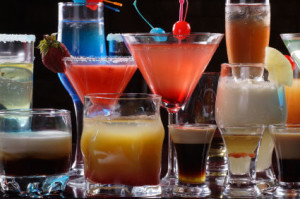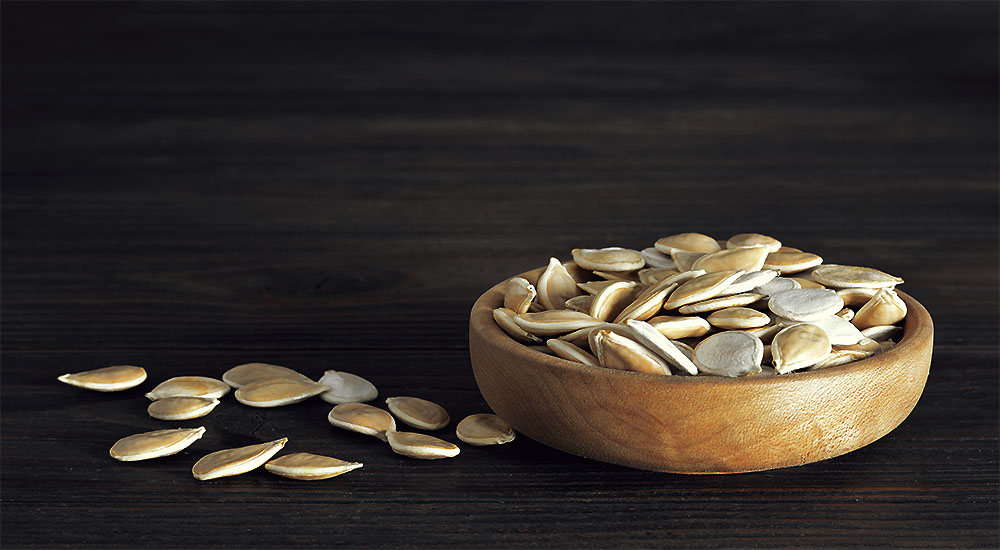Gluten in Alcohol – it’s the Mixology that’s Making You Sick!

The Truth About Alcohol and Gluten

It seemed simple and straight forward and I never thought twice about it. But perspectives change and suddenly you realize that there’s more to a subject than you realized.
My youngest child just turned 21 and is now drinking alcohol. She called a few days ago complaining of rashes. She is very diligent about her diet which is gluten-free, dairy-free, and mostly vegan. But knowing her as well as I do, I instantly knew some gluten was sneaking in.
We reviewed it for a few minutes and traced it down to alcoholic drinks. While she mostly orders wine when she goes out, as a new ‘drinker’ she frequently tastes what her friends are having.
As she started describing the pina coladas and margaritas, I grew suspicious of additives. A little research revealed that indeed was the problem. Here’s some information you should know if you like to drink alcoholic beverages beyond the simple glass of wine.
Not All Distilled Alcohols are Safe – Why?
This is annoying. We finally clarify that alcohols made from grains are safe due to distillation (which is still true), only to have companies ADD ingredients that may contain gluten after the distillation is complete! Here are some examples: Some dark rums may contain gluten if they are heavily spiced. The later additions of spices, after distillation, may contain gluten and some companies are not very forthcoming about their ingredients. If you’re a rum drinker, Captain Morgan rums are all gluten-free.
Another problem is a liquor that is darkly colored. The color could come from caramel coloring that is added after the distillation process. The caramel coloring could contain gluten, but not always. I’m sorry to be vague, but it’s difficult to find this out with certainty.
Manufacturers often don’t know the source of their caramel coloring and therefore aren’t very helpful when asked. I bring this up as a ‘full disclosure’ point, but the caramel coloring is used in small amounts and when considering the amount of liquor consumed in a single drink, for most people the gluten exposure should be within the gluten-free guidelines.
But… if you’re like my daughter and you KNOW you’re getting ‘glutened’, it’s good to know the possible sources of exposure and that’s why I included this. The truth is that even 20 parts per million are too much gluten for some people’s immune systems.
There are some individuals who claim they react to grain alcohols (gin, vodka, whiskey, bourbon, scotch whiskey) unless they are triple distilled. As it turns out, the better brands ARE triple distilled, so when you partake consider going for top-shelf. It is certainly possible that a highly sensitive person could have a reaction, but in general, distillation is considered to remove all gluten.
The bottom line is to stay away from anything with flavorings. That’s where the gluten can sneak in. Wine, brandy, champagne, and cognac are all gluten-free. I mentioned in an earlier post that some companies use flour paste to seal their wine barrels but claim the finished product has below detectable amounts of gluten. That’s fine, but if you are one of those highly sensitive individuals it’s good to know about this. Other companies use stainless steel barrels so try that if you seem to be reacting.
Wine is fine but wine coolers are in a different category. They often contain malt and therefore have gluten – Root Cause Medical Clinic recommends you read the label carefully.
Hard lemonade also often contains malt and therefore gluten, so proceed with caution. Beer, as you may know, is not gluten-free unless you purchase a brand specifically stating otherwise. Some gluten-free options are:
- Bard’s Tale
- Ramapo Valley Honey Beer
- Redbridge by Anheuser Busch
- New Grist by Lakefront Brewery
Potato based Vodka, and in fact, the vast majority of vodkas are safe. It’s the flavored ones you should be wary of. The Smirnoff company offers an “FMB” line, meaning flavored malted barley. As we know, the protein from barley is considered gluten and therefore the products Smirnoff Ice, Smirnoff Ice Triple Black, and Smirnoff Twisted V are all gluten-containing alcohols. Absolut Vodka, on the other hand, has confirmed that all their flavors are gluten-free.
Godiva liquor products, just like their line of chocolates, are also not gluten-free. For some reason, this company just refuses to get on the gluten-free bandwagon…. (There’s always See’s). Vermouth is also safe, as is Mead made from honey.
Mixers Can Spell GLUTEN
Here’s another place we get into trouble…Mixers. Many are gluten-free but several are not. Now if you were buying the mixer in the liquor store you could easily read the ingredients and make the correct decision.
Ordering a drink at a bar, let alone a busy, noisy bar, is another story altogether. Is the waitress or waiter really going to ask the busy bartender what’s in the mixer? And is the busy bartender going to take the time to find out? You start to see the problem.
I have heard that some bars have a higher-end mixer that typically contains just sugar and pure fruit without any of the yucky gluten additives. One can only get this higher-end mixer when purchasing higher-end, top shelf, alcohol, however. It’s worth asking about. If you have to hand the brands that are okay and not okay, that should help, so they are provided below. Or… order wine!
What’s What in Mixology Land
A popular mixer company is Mr & Mrs. T’s. They are a safe brand EXCEPT for their Bloody Mary Mix which does contain gluten. Jose Cuervo mixes also appear to be safe – but always read the label. The Master of Mixes brand has several mixes to avoid. ALL of the following contain gluten:
- Strawberry Margarita
- Pina Colada
- Sweet and Sour
- Tom Collins
- Whiskey Sour
Rose’s Mojita mixes ALL contain gluten, so avoid that brand altogether. Holland House mixes are mostly safe, but you need to avoid their Teriyaki Marinade and Smooth & Spicy Blood Mary. Ciders vary in their safety. Many have added barley for flavor. Spire ciders are gluten-free.
Helping You Avoid Mistakes
The bottom line is that if you have celiac disease or gluten sensitivity, avoiding gluten completely is mandatory. It’s just silly to make such efforts to be perfect and have it ruined during a social activity. We just can’t afford any such mistakes with your health.
Sadly alcoholic beverages are not required to display an ingredient label. The mixes are, but not the alcohol itself, which is why the flavored alcohols have resulted in illness for some.
All in all, there are many safe options for those following a gluten-free diet. While reading through many ingredient lists to write this post it would be impossible, as a clinical nutritionist, to avoid mentioning that the mixes that are gluten-free are far from healthy. They typically contained high fructose corn syrup, artificial coloring, and the like – definitely not something you should partake of beyond the very rare occasion.
And of course, I must also mention that alcohol is not particularly good for the body, excepting the high anti-oxidant content of a nice red wine (ingested in a responsible manner). So drink responsibly, in moderation, and for the most part, avoid mixed drinks unless you are very sure of the ingredients used.
Do you need help with your health?
We have the diagnostic and testing tools, the clinical experience, and a different medical approach to discovering the root cause of why you have the symptoms that are bothering you. As long as you are ready to make some dietary and lifestyle changes, we can help you. We will "hold your hand" through the changes, step by step, to make each step an easy one. We are located in Clearwater, FL, at 1000 S Ft Harrison, at the corner of Ft. Harrison Ave. and Magnolia St. There is plenty of parking space directly accessible from Ft Harrison. If it is not convenient for you to come to Root Cause Medical Clinic, we offer telehealth/telemedicine consultations to residents of certain states. Call us for details.
Contact us for a Consultation – Call 727-335-0400

Dr. Vikki Petersen DC. CCN
Founder of Root Cause Medical Clinic
Certified Functional Medicine Practitioner
Dr Vikki Petersen is a public speaker, author of two books, several eBooks and creates cutting edge content for her YouTube community. Dr Vikki is committed to bringing Root Cause Medicine and its unique approach to restoring health naturally to the world.
Ask a Doctor
Have a health concern you'd like to speak with a doctor about? Or just want clarity on a subject? Ask Us!


